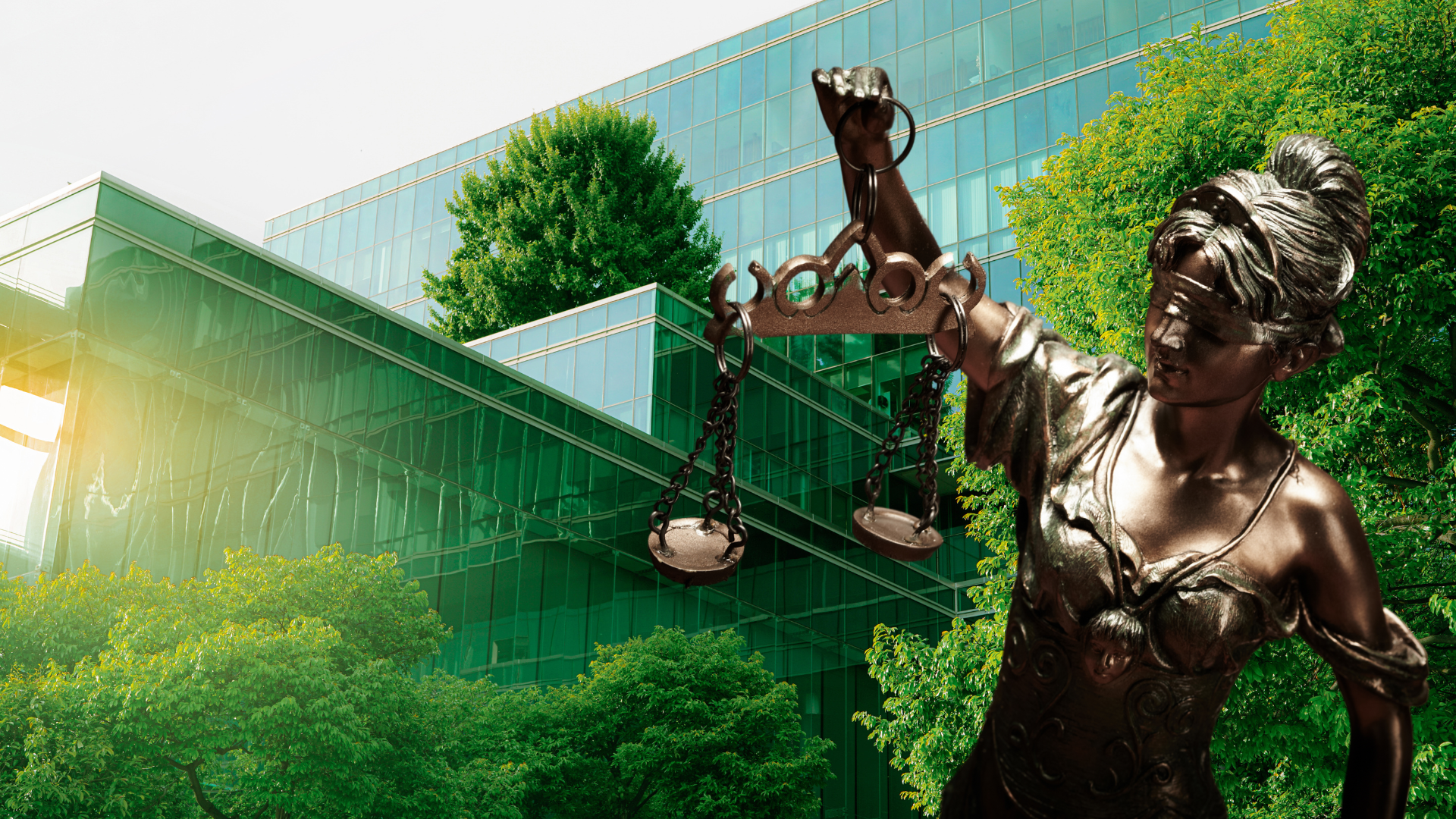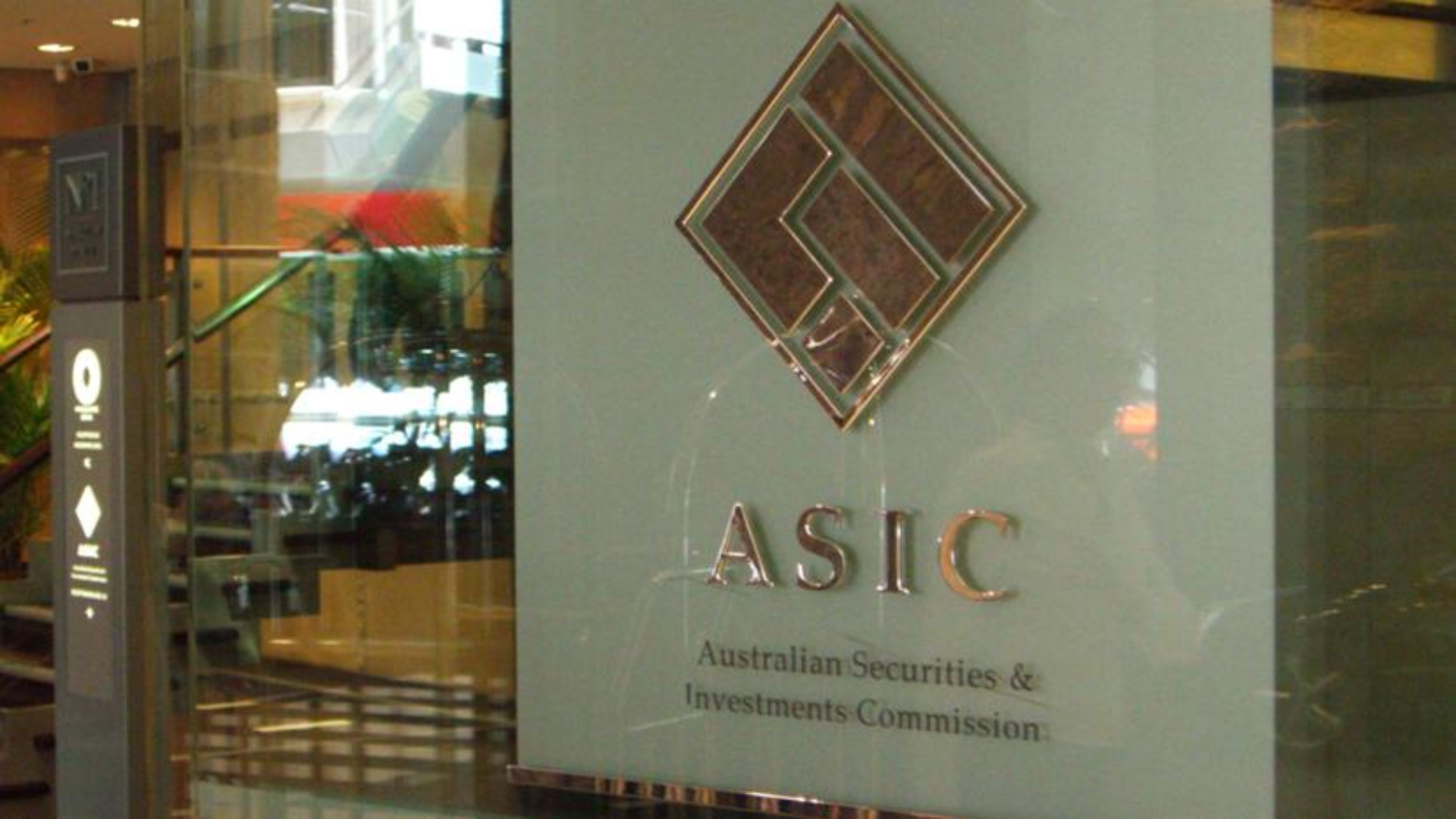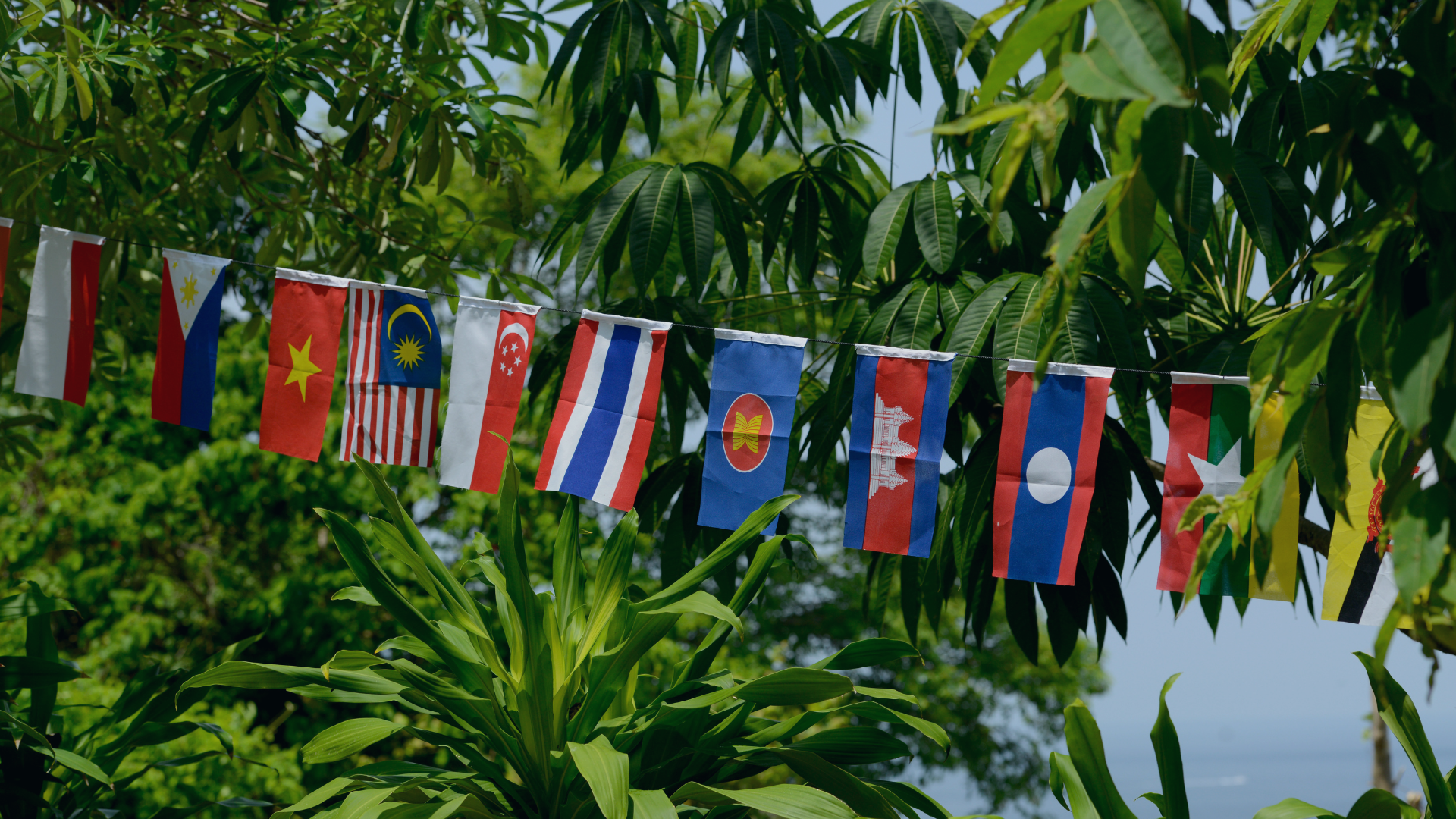53% of companies in Asia-Pacific reported setting net zero commitments, an incredible rise from 47% in 2024.¹
More consumers today are making intentional, values-driven purchasing decisions; prioritising sustainability, ethical sourcing, and environmental impact. In response, businesses and corporations have increasingly positioned their brands around “green” values to align with this expectation.
In the rush likely driven to capture interest of the market, some companies have resorted to overstating or misrepresenting their sustainability credentials. This practice commonly referred to as greenwashing, has surged across industries. From vague “eco-friendly” labels to unsubstantiated “carbon neutral” claims, companies have used these buzzwords in advertising and marketing efforts, often without rigorous verification or transparency.
The result is a global wave of greenwashing litigation. Courts and regulators are now scrutinising sustainability claims more closely, particularly in jurisdictions like Australia and Southeast Asia. This article explores recent developments in greenwashing litigation and highlights the legal risks companies face when sustainability is used as a marketing tool without adequate substantiation.
The First Wave: Regulatory Enforcement
The earliest wave of enforcement against greenwashing came from regulatory bodies focused on consumer protection and advertising guidelines:
- 2021: The UK’s Advertising Standards Authority (ASA) prohibited HSBC’s posters promoting its net-zero goals, in response to 45 complaints that the advertisements omitted significant information about the bank’s carbon dioxide and greenhouse gas emissions.²
- 2022: A Shell YouTube ad was found misleading for overstating the company’s renewable energy role while minimizing its fossil fuel footprint.³
- 2023: The Australian Securities & Investments Commission (ASIC) filed suit against global investment fund manager Vanguard Investments Australia, alleging its “green fund” misrepresented its ESG credentials while investing in fossil fuels, oil and gas exploration.⁴
- 2023: California’s Attorney General filed suit against ExxonMobil, Shell, BP, ConocoPhillips, and Chevron, accusing them of decades-long greenwashing and consumer deception in overstating terms such as “clean”, “green” or “low emissions”.
- 2023: South Korea introduced landmark legislation prohibiting greenwashing under Article 16-10 of its Environmental Technology Industry Act. Under this statute, companies engaging false, exaggerated, deceptive, slanderous, unfair comparative labeling or advertising may be liable for a fine of up to 3 million Korean won (approximately USD2,300), where it may deceive or mislead consumers.⁵
- 2024: Mercer Superannuation (Australia) was fined AUD 11.3 million (approx. USD 7.2 million) after promoting its “Sustainable Plus” investment option despite exposure to companies violating ESG criteria.⁶
A clear message has emerged from this wave of litigation: companies making environmental claims must ensure those statements are truthful, backed by verifiable evidence, and transparent about any trade-offs involved. The era of unchecked sustainability marketing is fading, replaced by growing demand for corporate accountability.
The Second Wave: Individual & Collective Public Interest
Greenwashing litigation has entered a new phase where individuals and collective interest are initiating legal challenges against misleading environmental claims. This shift reflects a growing recognition that corporate accountability when it comes to advertising and branding are subjected to public’s scrutiny as it does to regulatory bodies.
- Solutions for Our Planet v. SK E&S (2021): The environmental advocacy group exposed misleading claims around the oil & gas giant’s “CO2-free” liquefied natural gas, which directly influenced Korea’s subsequent legislative reforms against greenwashing.
- Greenpeace France v. TotalEnergies (2022): Greenpeace challenged TotalEnergies’ campaign lauding biofuels and gas as climate solutions. The NGO claimed that the company’s flagship advertising campaign, which promoted its net zero targets and the environmental virtues of gas and biofuels, was misleading and an example of unfair commercial practice.
- FossilVrij NL v. KLM Royal Dutch Airways (2022): One of the first examples of greenwashing litigation in the EU is this Dutch landmark case, whereby FossilVrij successfully challenged KLM’s “Fly Responsibly” campaign. The court ruled that the airline could no longer use the slogan, as it was vague and deceptive under EU consumer protection law.⁷
- Berrin v. Delta Airlines (2023): An individual airline customer filed a class action lawsuit against Delta Airlines in the US Federal Court for climate washing “carbon neutral” claims the airline had made without evidence, citing plaintiff’s inability to rely on the validity of the airline’s representations and personal harm caused to an environmentally concerned customer.
- Environmental Working Group v. Tyson Beef (2024): A lawsuit in California initiated by the environmental advocacy group targeted the food manufacturer’s ads for “climate-smart beef,” claiming the company had no data to substantiate its net-zero claims.⁸
Companies seeking to prove their ESG commitments face higher standards in environmental advertising on two fronts, both from regulatory authorities, and from eagle-eyed consumers who are unafraid to challenge greenwashing directly in the courts.
This reinforces the critical need for businesses to align their marketing with authentic sustainability practices, ensuring their claims withstand scrutiny objectively in court and subjectively, in the court of public opinion.
Australia offers a revealing case study in how greenwashing litigation has matured:
- EnergyAustralia (2024): Parents for Climate Action sued EnergyAustralia, one of the largest electricity and gas providers in the country, up to the Federal Court.⁹ The company had claimed its “Go Neutral” program could cancel or neutralise customers’ gas or electricity-related emissions by purchasing carbon credits. Plaintiffs argued that the offsets were based upon avoidance credits, or removal credits for short-lived projects. Therefore, the program did not genuinely negate or even neutralize the emissions of its customers.
Although the claim was ultimately settled out of court,¹⁰ it has highlighted that major energy, oil & gas retailers are not exempt from making vague or misleading greenwashing statements.
As several ASEAN nations have begun to collaborate on interoperable carbon markets and a framework for carbon trading in the region (such as the ASEAN Common Carbon Framework), the EnergyAustralia case also serves as a reminder for companies seeking to rely on carbon offsets; such offsets may not be accepted as proof of sustainability for the purposes of advertising.
Southeast Asia: Following Trend
In Southeast Asia, greenwashing enforcement is still developing, but recent cases indicate rising scrutiny:
- Malaysia: Watchdog group RimbaWatch has named nine corporations, allegedly issuing unverified carbon-neutrality claims.¹¹
- Singapore: The Advertising Standards Authority of Singapore (ASAS) ordered Vietjet to withdraw its “Green Friday” budget airline ticket promotion, finding that its claims of emissions reductions applied only to a limited fleet.¹²
As ASEAN nations move toward harmonised carbon markets, we observe that companies relying on environmentally sound messaging must brace for tougher scrutiny than ever before.
Best Practices for Compliance
With the legal landscape evolving, businesses must proactively safeguard their ESG claims:
- Substantiate All Claims: Back statements with lifecycle assessments and third-party audits.
- Disclose Assumptions: Be transparent about emissions scopes, offset mechanisms, and limitations.
- Follow Global Guidelines: Align with international standards like ISO 14021 (sets out requirements for businesses to make credible, verifiable “green” or sustainability claims about products and services), and regional advertising codes.
- Seek Legal Review: Involve legal teams early in the development of marketing and sustainability materials.
Conclusion
Greenwashing litigation has evolved from a regulatory issue into a broader societal concern; driven not just by governments, but by empowered consumers and advocacy groups.
Companies must now regard transparency, verification, and legal safeguards as the foundation of their marketing strategies, rather than solely relying on their business interest.
D&P Law Group, led by Managing Partner Shaun Paulian, has extensive experience advising multi-national clients in renewable energy sector, ESG compliance, and environmental regulations. We are keen to assist your enquiries and related concerns.
References
- https://www.pwc.com/id/en/media-centre/press-release/2025/english/strong-net-zero-commitment-among-asia-pacific-companies-with-improved-ghg-emissions-disclosures-pwc-and-nus-business-school.html
- https://www.asa.org.uk/rulings/hsbc-uk-bank-plc-g21-1127656-hsbc-uk-bank-plc.html
- https://www.asa.org.uk/rulings/shell-uk-ltd-g22-1170842-shell-uk-ltd.html
- https://asic.gov.au/about-asic/news-centre/find-a-media-release/2023-releases/23-196mr-asic-commences-greenwashing-case-against-vanguard-investments-australia/
- https://www.kimchang.com/en/insights/detail.kc?sch_section=4&idx=30935
- https://asic.gov.au/about-asic/news-centre/find-a-media-release/2024-releases/24-173mr-asic-s-first-greenwashing-case-results-in-landmark-11-3-million-penalty-for-mercer/
- https://www.lexology.com/library/detail.aspx?g=0a82d3f2-ca72-4819-9d9d-fdd3e99288fc
- https://www.lexology.com/library/detail.aspx?g=e7bb15c1-8cb3-4c28-99b4-b6d732f558c6
- https://climatecasechart.com/non-us-case/australian-parents-for-climate-action-v-energyaustralia/
- https://iclg.com/news/22606-settlement-reached-in-landmark-australian-greenwashing-case
- https://theedgemalaysia.com/node/755304
- https://sustainabilitymag.com/articles/the-story-of-vietjets-controversial-greenwashing-campaign





